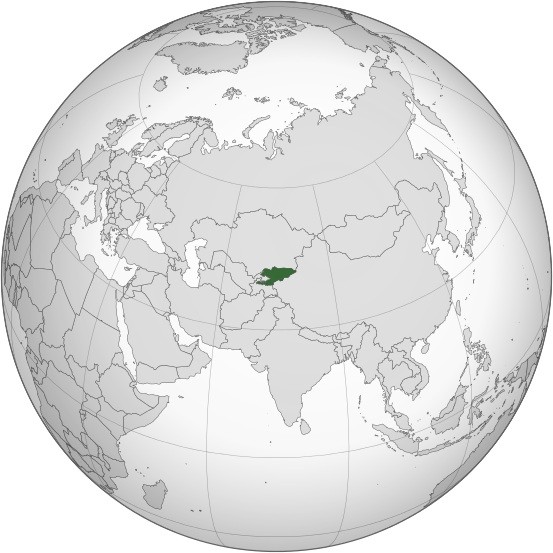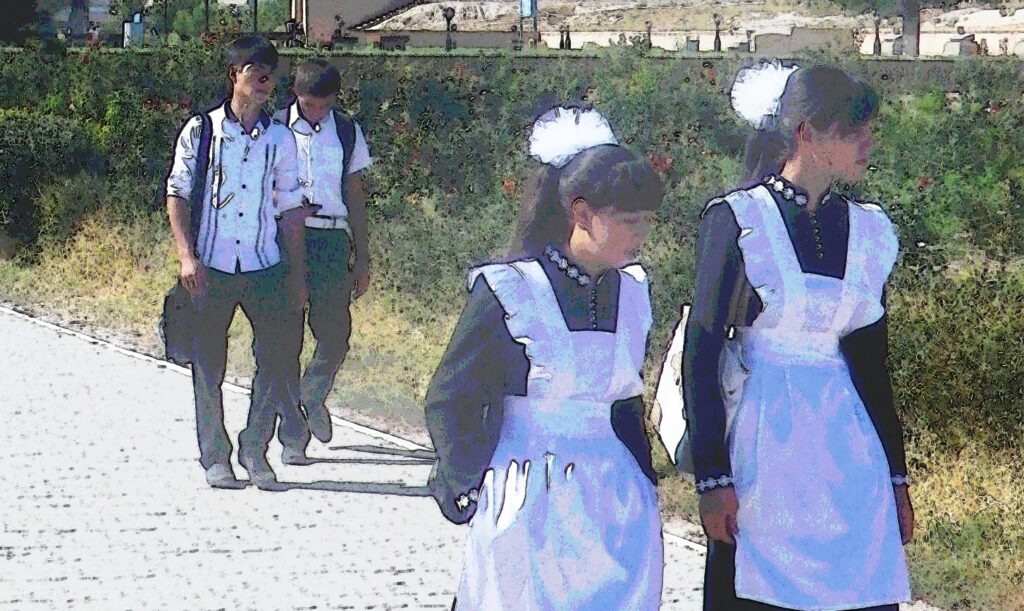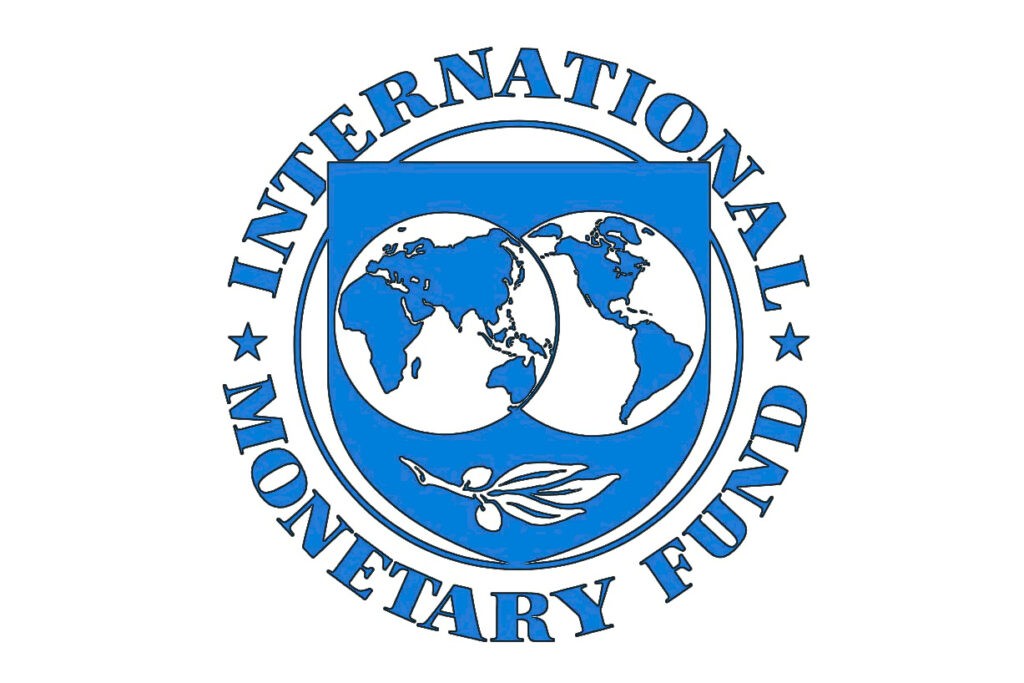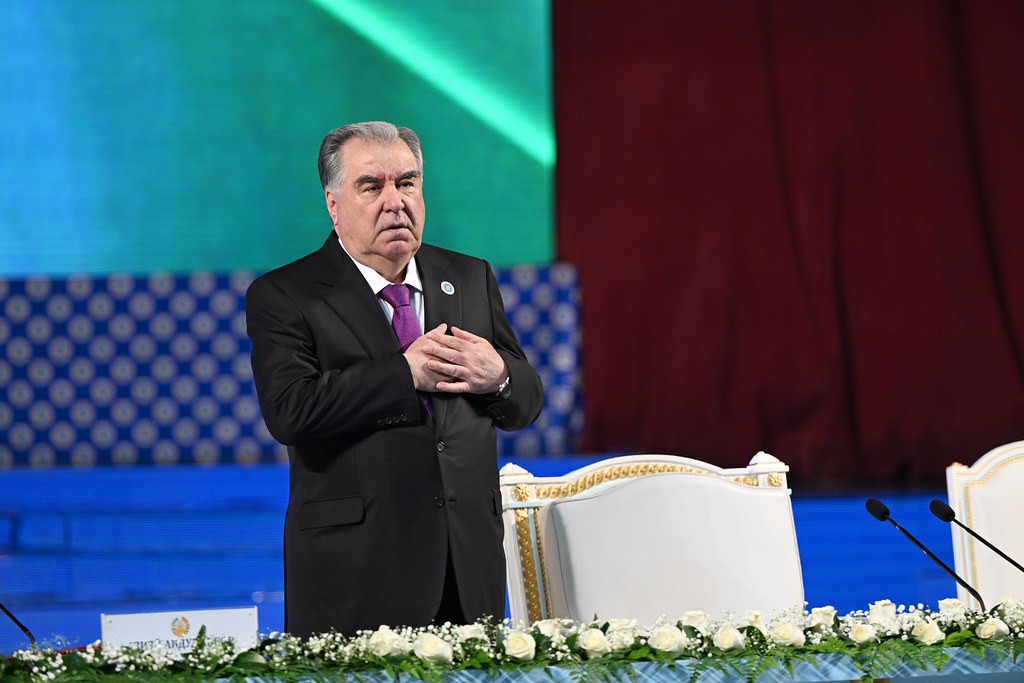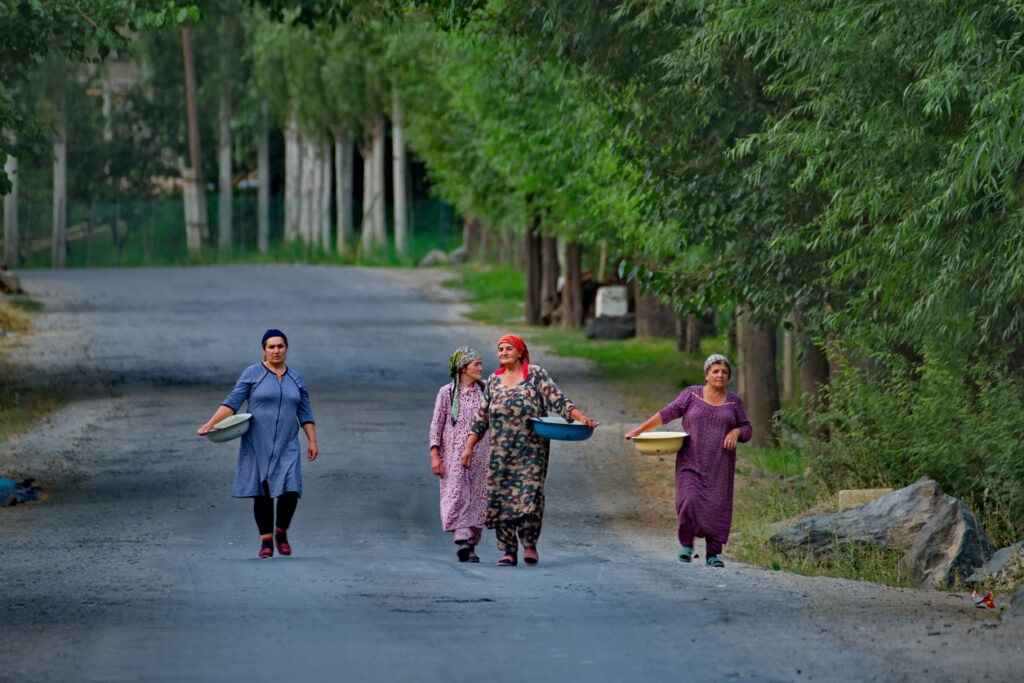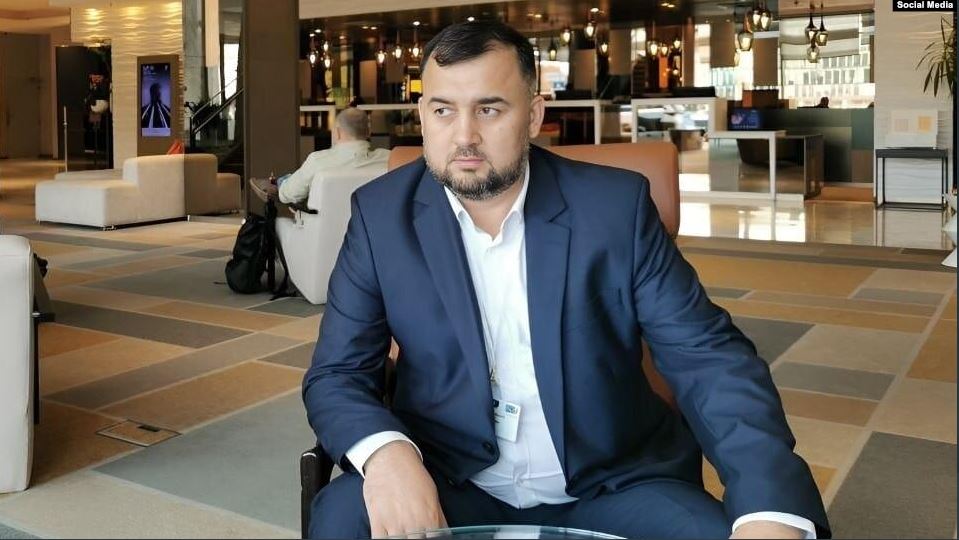BISHKEK (TCA) — On November 11, President of Kyrgyzstan Almazbek Atambayev approved the new Government. The Cabinet has remained unchanged, except for several new ministers — of Education, Social Development, Justice, the Interior, Transport and Roads, and Agriculture.
Earlier this week, the new Government presented its development program “Unity and Trust” to the Parliament. The program was strongly criticized by the opposition factions.
New old program
According to the leader of the Onuguu Progress opposition faction Bakyt Torobaev, the program only refers to three indicators — GDP, budget deficit, and inflation, while it should identify the expected economic and social results including income growth of Kyrgyzstan’s citizens, reduction of poverty and unemployment, creation of new jobs, life expectancy, and migration.
The document has been written in general terms and there are no concrete tasks, MP and former General Prosecutor Aida Salyanova added. Openness and fruitful activity have been declared as the program’s priorities but these are just principles but not the development trends.
According to MP Myktybek Abdyldaev, the Government presented a three-year-old program. The program of April 2013 and of November 2016 are identical, he said suggesting that the new Government had just rewritten the old program and presented it as a new one.
Unrealistic plans
Under the new program, the Government plans to enter the top 50 prosperous countries in the Doing Business ranking in two years. The National Sustainable Development Strategy says that Kyrgyzstan should be included in the top 30 countries until 2017.
Leader of the Ata Meken opposition faction Omurbek Tekebayev recalled that in 2010, under the then President Bakiyev, the country held 41st place in the Doing Business ranking, and it went down to 102nd place in 2015. This year, Kyrgyzstan holds 67th place. Kyrgyzstan is ranked 161st in terms of Getting Electricity indicator. This low ranking was the result of corruption in the energy sector, Tekebayev said. Without a bribe, a company cannot connect to the power grids, he added.
The Government’s program says nothing about the construction of the China-Kyrgyzstan-Uzbekistan railway, though it is among the main projects planned to be completed a year ago, connecting the north and south of the country, Tekebayev said.
The Government has spent $1 billion for the construction of the alternative North-South motor road, while it could finish part of the railway for this money, and then the country could have made a profit and not be dependent on Kazakhstan, the MP added.
Economic decline
More than a year has passed since Kyrgyzstan has joined the Eurasian Economic Union, but there are no results yet, Tekebayev said. Kyrgyz farmers cannot export their apples, potatoes and dairy products to neighboring countries, while Russian tomatoes, Kazakhstan’s apples and dairy products from Russia and Belarus are sold in Kyrgyzstan.
The export of Kyrgyzstan’s garment industry has fallen 23-fold, the exports to Kazakhstan decreased by 60% and to Russia by 30% in the first half of 2016.
Unfulfilled tasks
The Government is working in accordance with the objectives and plans set by the National Sustainable Development Strategy (NSDS) of Kyrgyzstan until 2017. However, many NSDS tasks have not been fulfilled including plans to increase wages and create jobs in the country.
The State promised that the GDP per capita will be $2,500 by 2017 while it remains the same as five years ago — $1,200 per year. It was planned to create more than 350,000 jobs by the end of 2016 and to raise the average monthly salary from 11 thousand soms to 26 thousand soms. The average salary has remained almost the same while the jobs, on the contrary, have decreased by 85 thousand.
According to the NSDS, the Government has to modernize irrigation systems and to introduce 10 thousand hectares of new irrigated agricultural land annually from 2013 to 2017. However, the government has been barely able to introduce 10 thousand hectares so far, MPs said.
Law enforcement reform
MP Tekebayev believes that the Government has failed to adequately carry out the Interior Ministry’s reform. The judiciary and law enforcement agencies do not work well, and corruption is rampant. Since 2010, nine Interior Ministers and six Defense Ministers have been changed.
Six independent agencies will be created as a result of the reform of the law enforcement system, Deputy Prime Minister Jenish Razakov said. The Academy of the Interior Ministry will be renamed into the Law Enforcement Academy where except for Interior Ministry employees, customs officers will also be trained.
In the course of the reform, the Interior Ministry’s central office staff has been reduced by about 300 people. At the same time, the number of district and juvenile inspectors will be increasing in the regions of the country.
Education
About 23% of the national budget has been allocated to the education sector in recent years, but there are no expected results.
The new Education and Science Minister Gulmira Kudaiberdieva plans to increase the coverage of children with pre-school education. She also intends to improve vocational education and reduce the gap between the labor market needs and the number of universities’ graduates.
Earlier, Kudaiberdieva was Vice Prime Minister for Social Affairs.
